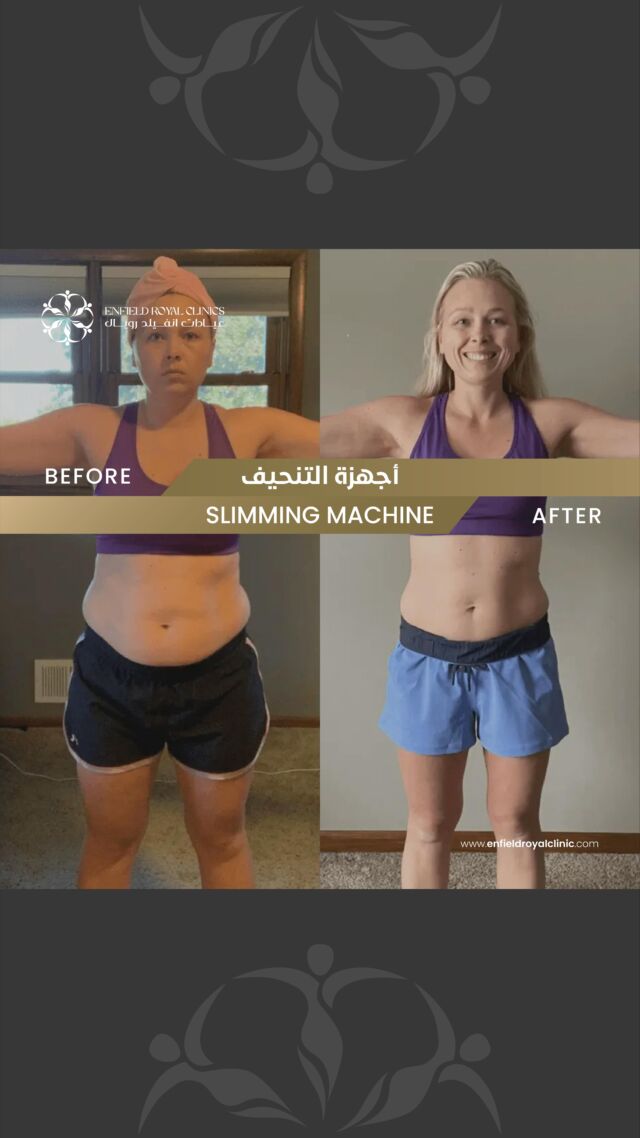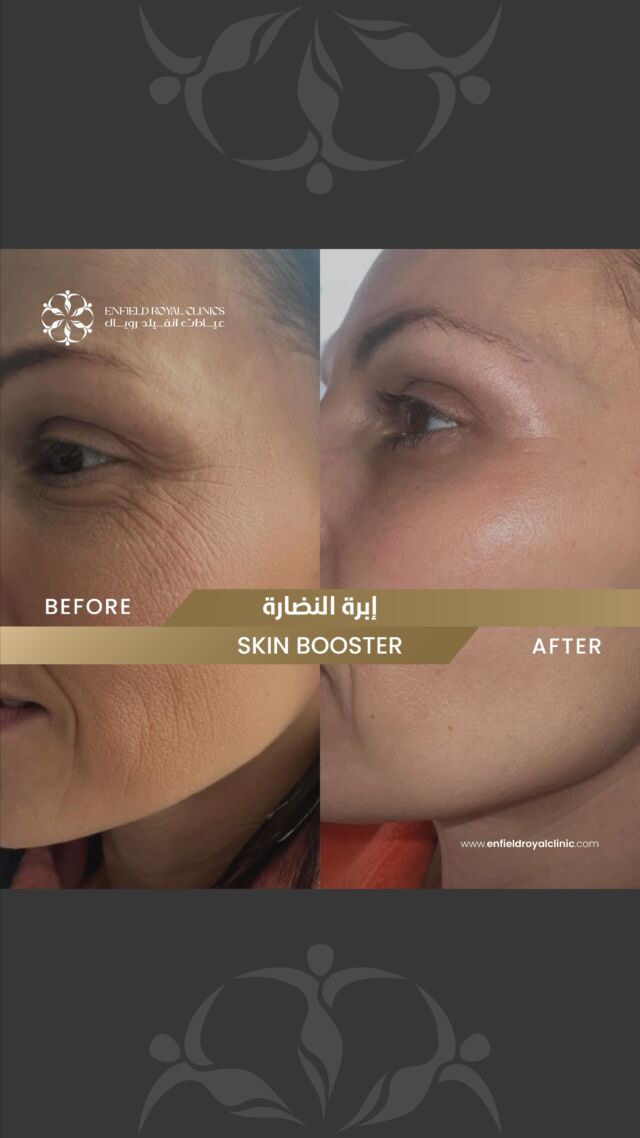
For many years, people have turned to rhinoplasty, popularly known as a nose job, as a popular aesthetic operation. This is done to reshape the nose, improve its functionality, and make it aesthetically appealing. The potential benefits of this treatment include better breathing, more self-confidence, and improved face symmetry. Yet, there are a few things to think about before choosing it, just like with any medical operation. The length of recuperation, specifically “How Long Does the Swelling Last After a Rhinoplasty in Dubai, Abu Dhabi & Sharjah?” is one of the most frequent queries from people thinking about the treatment. Read on to learn more about the healing process following the procedure if you’re seeking answers to this query.
Variables Influencing Swelling Duration:
It’s crucial to discuss the anticipated healing period with your surgeon and carefully adhere to their advice to ensure a quick and painless recovery. The duration of inflammation following the procedure might vary depending on several factors. These factors may include:
- One of these variables is the scope of the operation; more involved surgeries may require longer recuperation timeframes.
- The surgical approach utilized may also affect the degree of edema, though to a different extent.
- The patient’s age and general health can also have an impact on how quickly they recover, with elderly patients and those with pre-existing diseases perhaps enduring prolonged periods of the swollen nose.
- Compliance with post-operative instructions by the patient is particularly crucial since good rest and treatment of the nose can reduce inflammation and accelerate recovery.
- It may also be influenced by heredity and individual variations in healing speeds.
What to Anticipate After Surgery?
It is normal to develop post-operative edema after surgery. Although the exact time frame for this differs among individuals, edema often reaches its peak severity 48 to 72 hours following surgery. Individuals often observe a progressive reduction in inflammation in the months and weeks that follows. Many people notice a noticeable improvement by the end of the initial seven days, but it might take up to one year for all of the swellings to completely go down. To reduce inflammation and promote healing, adequate rest and following to post-operative instructions are crucial. Personalized information about what to anticipate throughout your recovery time can be obtained from the surgeon.
Results:


Advice on How to Control Inflammation:
Still, wondering How Long Does the Swelling Last After a Rhinoplasty in Dubai & Abu Dhabi? Following the below-given tips to successfully manage the inflammation and ensure desired results:
- Elevating your head as you sleep can improve blood flow, reduce fluid buildup in your nose and face, and potentially lessen edema.
- Cold compresses are applied to the nose and the area around it to help reduce inflammation and soothe the pain. However, it is advised against using ice directly on the skin because it may cause tissue damage.
- Consuming too much salt can cause water accumulation, which can make edema worse. It’s critical to limit salt intake while you’re recovering.
- Water consumption in suitable amounts may aid in the removal of excess fluids and the reduction of edema.
- It’s crucial to take time off work and avoid physically strenuous activities in the initial phases of healing.
Potential Complications:
Long-lasting edema following surgery may indicate issues that need medical treatment. Inflammation may be an indication of an infection or an allergic reaction if it lasts longer than the normal time for healing or gets worse with time. Persistent inflammation may be accompanied by other symptoms including fever, excruciating pain, or strange nasal discharge. Moreover, problems could include asymmetry, respiratory issues, or changes in skin tone or texture. It is crucial to get in touch with your surgeon right away for an assessment and treatment if any of these signs or issues appear. Yet, by carefully adhering to post-operative instructions and tracking their progress, the majority of patients have a complete recovery after surgery.
How Can a Surgeon Help?
A licensed and experienced surgeon is essential to the healing process following a nose job. Inflammation is a common occurrence during the healing process, but surgeons can assist with managing and minimizing inflammation as well as spot and handle any potential issues. Specialists will explain what to anticipate during the healing process, particularly the timeframes and post-operative care guidelines, during the initial appointment. Moreover, they could recommend drugs to treat inflammation and manage pain. As you heal, they keep an eye on your progress, advise you on how to reduce swelling, and offer you individualized support if you experience persistent edema or other issues. Working together with your surgeon will help you get the best results with the fewest difficulties.
Ensuring Desired Results:
Patience and the right kind of care are necessary to get a successful result. It’s vital to keep in consideration that the treatment’s full effects might not be seen right away because swelling might require weeks or months to completely go down. So, it’s crucial to be patient and give the nose adequate time to heal before assessing the outcomes. Appropriate care is also necessary, which entails living a healthy lifestyle and adhering to all post-operative instructions, including those for adequate wound care and medication.
Takeaway!
Are you still looking for an estimated time frame for the frequently asked question “How Long Does the Swelling Last After a Rhinoplasty in Dubai, Abu Dhabi & Sharjah?”, contact our experts at the Enfield Royal Cosmetic Surgery Clinic in Dubai for a detailed consultation.




















